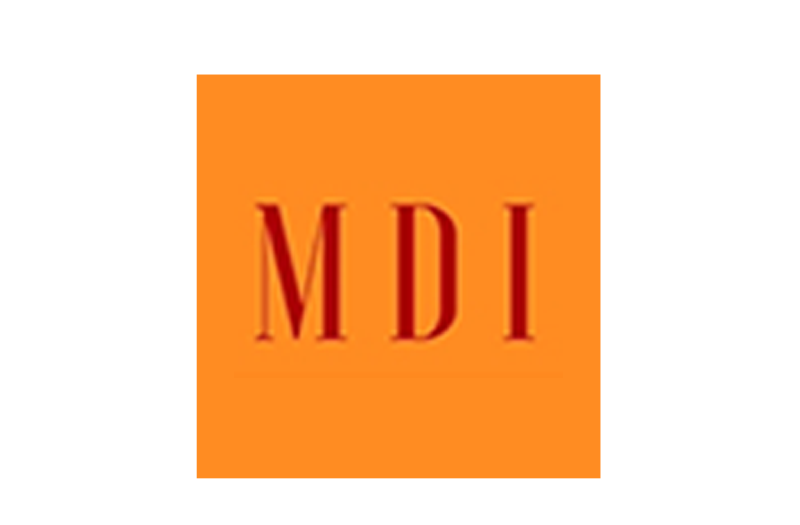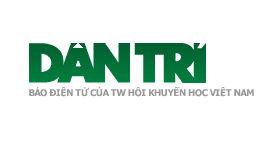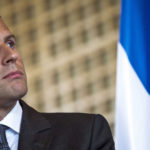(Dan tri) Mr. Stephen Whittle, British press expert, former BBC editorial director acknowledged, the investigation is a combination of a very challenging process … “Must have enough courage to speak the truth the public wants to hear, ”he stressed.
Mr. Stephen Whittle said so at the Workshop “Vietnamese and international experiences on investigative journalism” held at the Institute of Journalism and Propaganda on March 31.
Journalists have to protect themselves
Journalist Hoang Huu Luong, director of the Press Department of the Ministry of Information and Communications said that the investigative nature was in many genres, press information, and the investigative category was the most difficult category.
Mr. Luong also cites a series of investigations that have brought about a change in life and policy recently. For example, an investigation report by Yen Bai Television Station in 2012 mentioned an upland village with many healthy young people, good fields, favorable production conditions, but still… poor! Every time we have money to support the poor, the whole village buys rice and pigs for the festival for several days. When being interviewed, a young man in the village said “very real”: “We want to forever be … the poor village!”. This investigation report has affected the policy of poverty reduction, adding to the fact that it is impossible to support with … money. Claiming that “the impact of the press is great”, Mr. Luong also mentioned the incident in a village in the North. Giang, not far from Hanoi, but the students who have to swim across the lake to go to school have just been reported by the media. “Reaction” immediately after that, the authorities decided to invest in building 1 billion VND to build the road … In addition, a series of famous investigative reports over the past time were also received by Mr. Luong and the speakers. give analysis.
A fraudulent gas station in Hanoi was revealed by Dan Tri newspaper (Photo: Xuan Ngoc)
Referring to the media revealing negative cases, Mr. Hoang Huu Luong highly appreciated articles about the land case in Do Son, the case at Dau Giay weighing station … According to Mr. Luong, investigative reportage is the genre. It is difficult, dangerous, and it is necessary to have professional and brave reporters to meet the first requirement is correct. Each press agency must also set rules to protect journalists. Mr. Luong cited the topic of the road, where the reporter helped relatives give money to the traffic police to get back the car for evidence, it should be reported to the Editor-in-Chief first.
Similarly, when doing the subject of prostitution, Mr. Luong raised the issue, if he did not notify the Editor-in-Chief, if the authorities came in when reporters were investigating, what would the reporter say? “Journalists must protect themselves when doing investigations”, Mr. Luong concluded. According to him, the investigation is under a lot of pressure, so there should be a clear consensus between the leaders of the newspaper and the reporter in each case.
Sharing the risks of journalists doing investigative work, journalist Tran Le Thuy, Director of MDI Center emphasized the separation of public and private interests. Accordingly, if for the public interest, according to Ms. Thuy, journalists will be protected, and if for private interests, self-interest will be different. According to Ms. Thuy, some countries around the world have applied the principle of public interest to protect journalists when they face accusations related to the law.
Another aspect of investigative journalism mentioned by Ms. Thuy is the support for journalists: “There are many reporters doing investigative reports telling me that they are lonely, no one supports”. From this fact, Ms. Thuy emphasized the role of the editorial regulations for investigative journalism.
No traps …
Mr. Stephen Whittle, British press expert, former BBC editorial director acknowledged that the press investigation is a combination of a very challenging process and the goal of the investigation is to expose the truth, not to add to it. “It takes the courage to tell the truth the public wants to hear,” he continued.
To role-play investigators, reporters cannot have irresponsible or inappropriate behaviors. In addition, what happens can be “deceiving” and journalists must not be deceived, protect the accuracy of the article, and ensure legal regulations.
While mentioning a series of rules for investigative role-playing, in addition to emphasizing the assurance of legal evidence and safety, Mr. Stephen Whittle also upholds “demanding” to avoid inciting, provoking behaviors. that the reporter wants to investigate. “Must record the truth, not make it happen,” the British expert argued.
According to this expert, it is necessary to define and unify editorial levels to ensure common interests and anticipate the prospects and challenges. Once the allegation has been determined, it is necessary to take the accused agency to respond.
Representatives of some domestic newspapers to participate in the discussion also mentioned very specific principles of investigative journalism, the role-playing when investigating in the newsrooms of their agencies from when the topic was discovered until post and post post. In the principles presented by journalist Duc Hien, General Secretary of the Ho Chi Minh City Law Newspaper, also raised the request “Do not affect things, the phenomenon makes it change its nature; do not motivate an event or make it happen earlier than usual ”,“ do not set traps, suggests remorse



